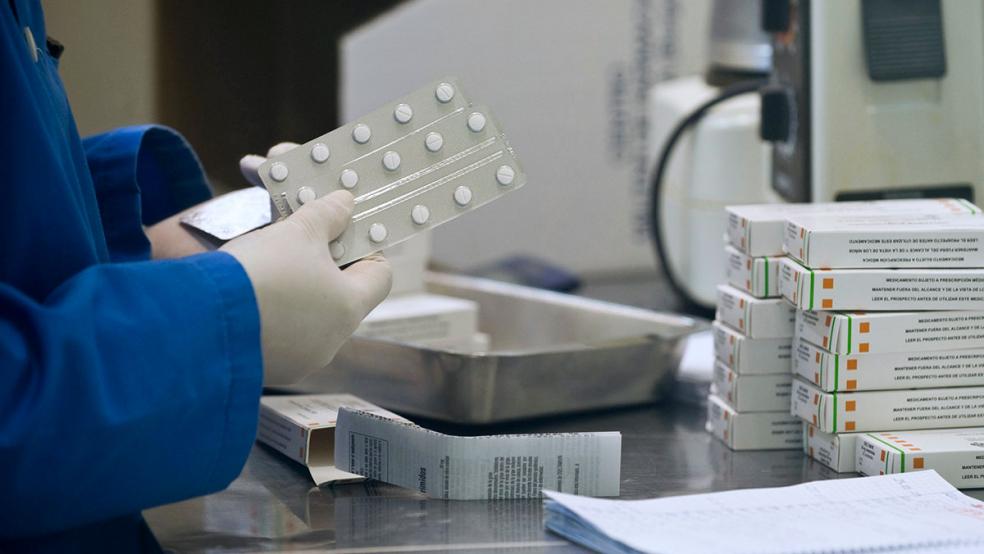The FDA is looking for ways to speed up the approval of low-cost generics to compete with costlier brand-name drugs.
In testimony Thursday on Capitol Hill, the new Food and Drug Administration commissioner, Dr. Scott Gottlieb, described a new “drug competition action plan” that includes three proposals for encouraging the development of generic drugs:
1. Make name-brand drugs available for research: Instruct FDA staff to intervene in cases in which brand-name companies are found to be improperly using FDA safety rules as an excuse to refuse to make drugs available to generic manufacturers that are needed by their competitors to produce equivalent drugs.
Related: The 20 Most Expensive Prescription Drugs in America
A bipartisan group of lawmakers including Sens. Chuck Grassley (R-IA) and Amy Klobuchar (D-MN) have introduced a bill that would authorize generic drug manufacturers to sue brand companies to obtain access to a drug.
2. Speed up the process: Accelerate the timeframe for approving generic-drug applications to reduce a large backlog.
Despite President Trump’s repeated criticism of the FDA’s “slow and burdensome” approval process, the agency has in fact sped up its review process substantially. The average time for approval was just 10 months in 2016, compared with 27 months in 1993, The Washington Post reported in March. Still, the backlog is onerous, with 2,640 applications currently pending, according to The Wall Street Journal, including 1,484 submissions that were returned to the companies for revisions and clarifications.
3. Publicize opportunities. Order the FDA to regularly publicize lists of older prescription drugs that still haven’t drawn generic competition, in an effort to lure generic companies into the market. The aim here apparently is to shake up a long-standing practice of companies purchasing the patents to old drugs and then abruptly jack up the prices to outrageous levels.
Related: US Death Rate From Heroin and Opioid Abuse Rages Out of Control
The FDA historically has limited its role in drug manufacturing to evaluating the safety and efficacy of new drugs being brought onto the market, with no concern about prices. Gottlieb, a one-time deputy FDA commissioner, says that the agency no longer can stand by as drug prices soar.
“Simply put, too many patients are priced out of the medicines they need,” Gottlieb told a House Appropriation subcommittee. “While the FDA does not have a direct role in drug pricing, we can take steps to facilitate entry of lower-cost alternatives to the market, and increase competition.”
Gottlieb, who was confirmed by the Senate as FDA commissioner two weeks ago, was a consultant to major drug companies and served on the boards of a number of those companies, including GlaxoSmithKline and Daiichi Sankyo. He has also made millions investing in the health care industry, most recently through the venture capital firm New Enterprise Associates and the investment bank T. R. Winston & Company, according to The New York Times.
By taking on the drug price controversy early in his tenure, Gottlieb may be attempting to assert his independence from the prescription drug industry, which for years retained him as a high-priced consultant.





